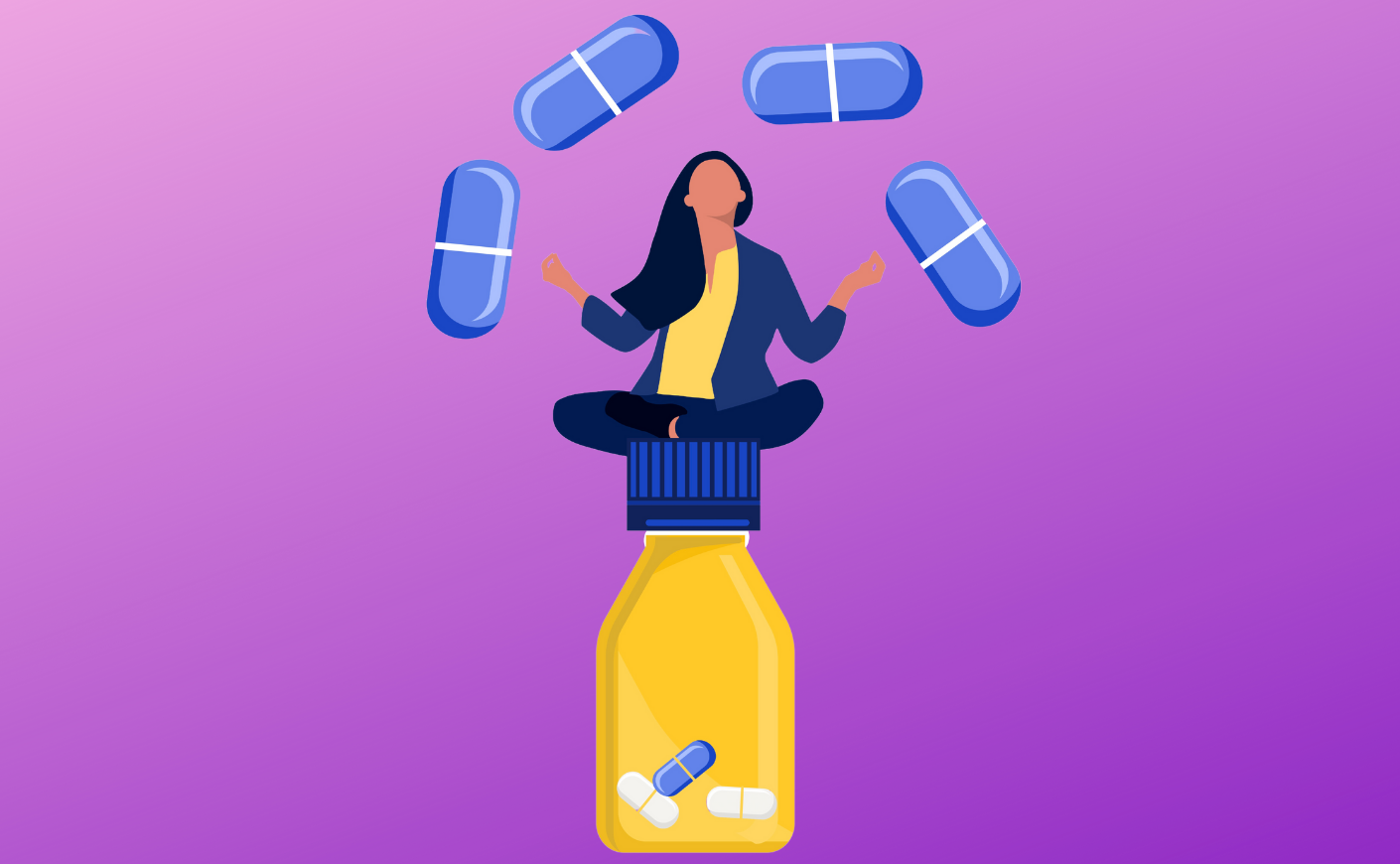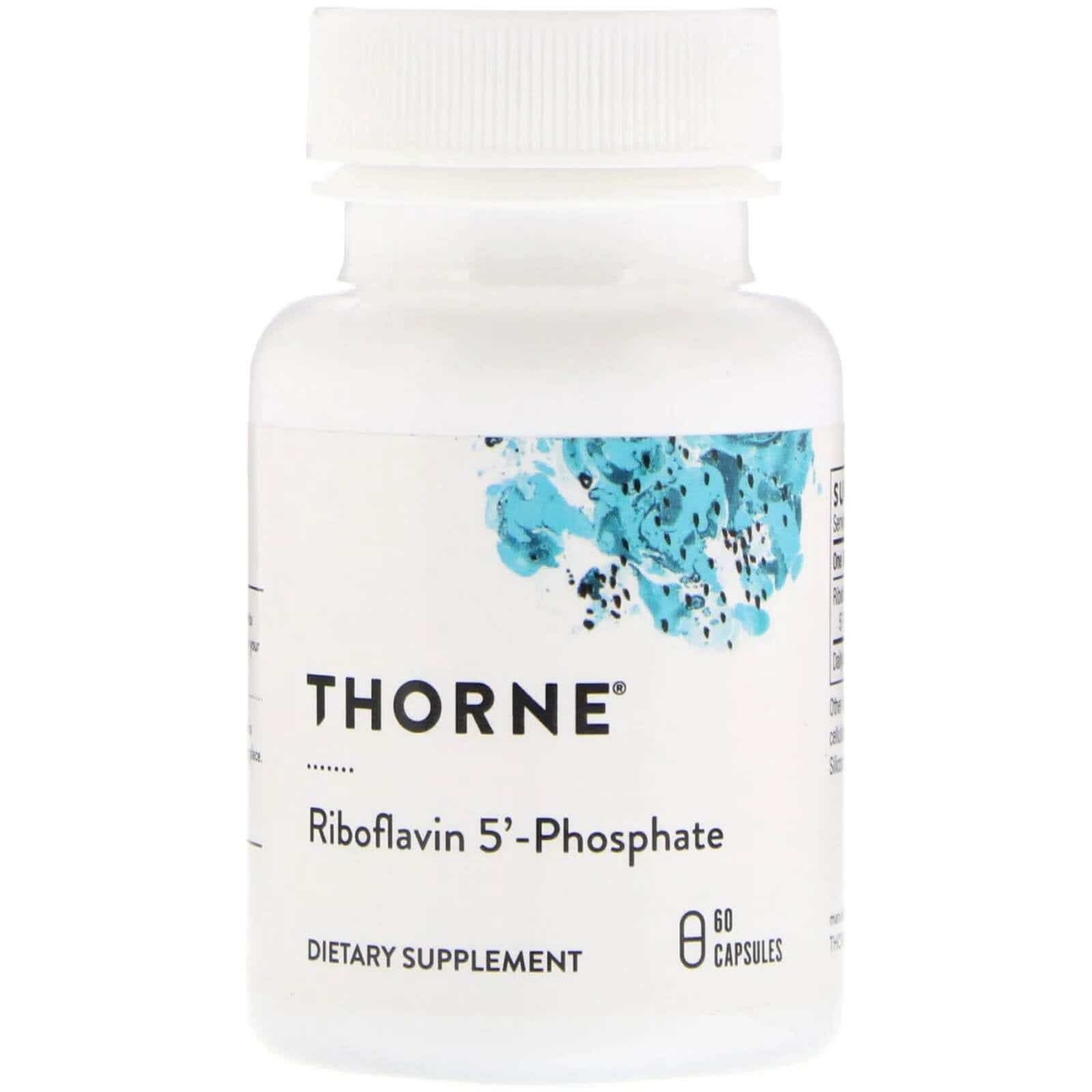Taking care of your body at any age is important, and chances are you're already doing things like drinking plenty of water, trying to get a full eight hours of sleep each night, moving your body with some form of exercise, and making nutritious food choices as often as possible. Even while doing all of that, you can still be missing some essential nutrients.
"As we age, our nutrient requirements change," explains Seema Bonney, MD, founder and medical director of the Anti-Aging and Longevity Center of Philadelphia. "We used to think aging meant a reduced requirement for nutrients, but research has shown us that it's the opposite. We need just as many nutrients as we did when we were younger, and in some cases, the requirement is increased."
Many people find it's easier to take supplements or multivitamins than to try to get all their nutrients in via food and drinks. But with so many options on the market promising to heal or fix all your health woes, where do you even start? And how do you trust which claims are true?
According to Stephanie Seitz, ND, who specializes in naturopathic care for women and children, making sure the supplements you take are vetted by an independent third party is key. "A company that sends out its product to a third party for blind testing can verify and stand by its quality," she says.
If you're feeling completely lost as to what may be right to add to your vitamin lineup, don't worry. We've done the research on what the best vitamins are for women over 50. From medical studies to recommendations from doctors, here's what we found. But before you try any of these, be sure to consult with your doctor.
The Best Vitamins for Women Over 50
Multivitamin without iron
If you're searching for a one-and-done kind of vitamin, this is your best bet. A multivitamin offers the daily recommended dose of a variety of vitamins and minerals (like vitamin B12, vitamin D, and others), so you don't have to have individual pills for each vitamin and mineral you need. While most multivitamins contain iron to prevent anemia, those formulated for women over 50 do not. According to Dr. Bonney, once you stop menstruating, you don't need as much iron as you used to. "Most younger women need about 18 milligrams of iron each day," she says. "Once you stop having menstrual periods, you only need about eight milligrams per day."
Thorne Women's Multi 50+ Daily Multivitamin
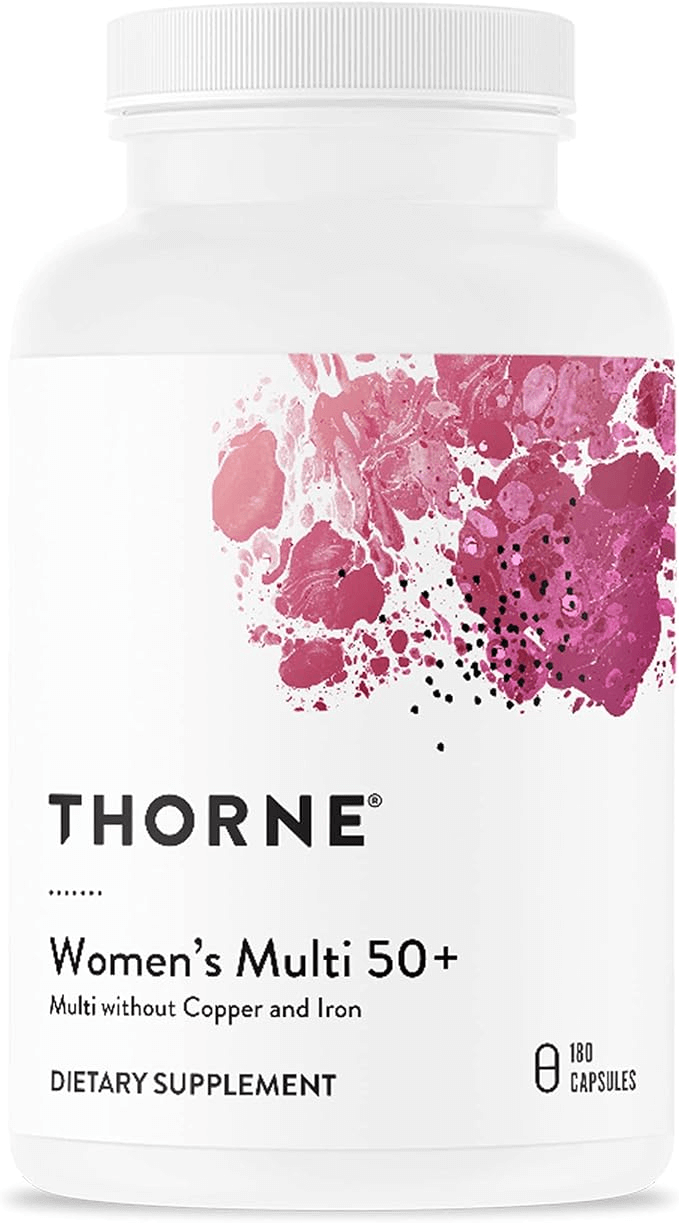
Amazon
If you don’t mind taking more than one pill a day, the recommended dosage of this supplement is six capsules per day. That may sound excessive, but it ensures you’ll get what your body needs on a daily basis.
This formulation for women over 50 has all the usual players in it (vitamin D, B12, C etc.), but it leaves out some significant ones on purpose. You won't see iron in this supplement, as most women over 50 get enough from their diets. Sometimes less is more, no?
Ritual Multivitamin 50+
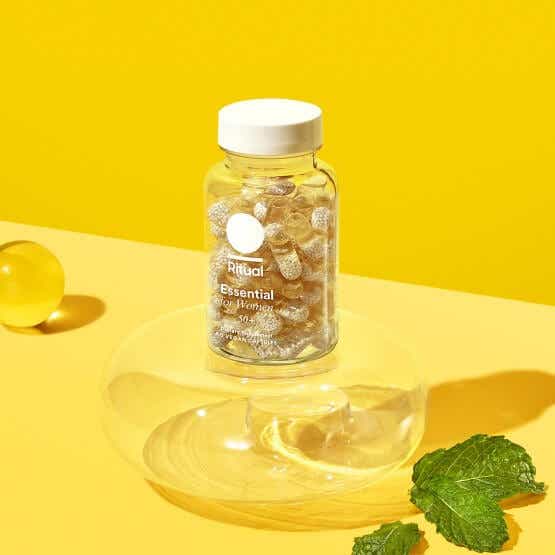
Ritual
There's something about ingredients you can pronounce that makes you feel better about putting it in your body. Ritual breaks down the compounds and nutrients that go into each of its vitamins to create a multivitamin that you can easily understand and that has the essentials in it. Plus, Dr. Seitz prefers capsules to hard, packed tablets. "Depending on how well your body absorbs things, you may not be able to break down a tablet down completely," she says. "The gelatin in capsules can break down better."
Magnesium
Magnesium is essential for a ton of body functions, like nerve and muscle function and energy production, but it can also aid in relaxation and sleeping soundly. "We also look at magnesium for helping prevent heart disease and for relaxing things for neurological functioning as well," Dr. Seitz says. You can get magnesium from foods like nuts and seeds, greens, and certain grains, but you can also consume it as a daily supplement in the form of a capsule or powder.
Nature Made High Absorption Magnesium Glycinate Capsules
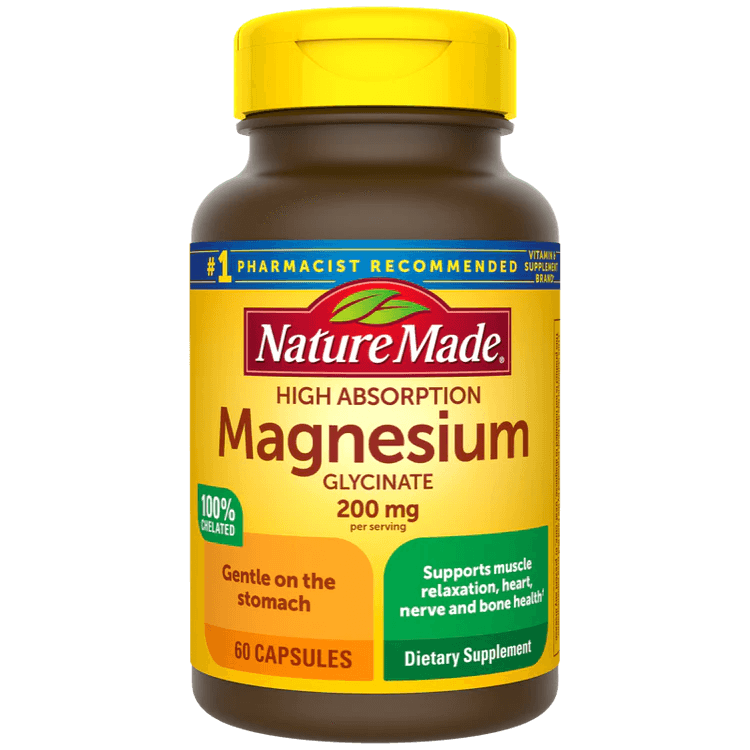
Nature Made
Magnesium comes in a variety of different forms (glycinate, citrate, and lactate), but glycinate tends to be a little gentler on the stomach. Always talk to your doctor before deciding which is best for you, though.
Pure Encapsulations Magnesium Glycinate
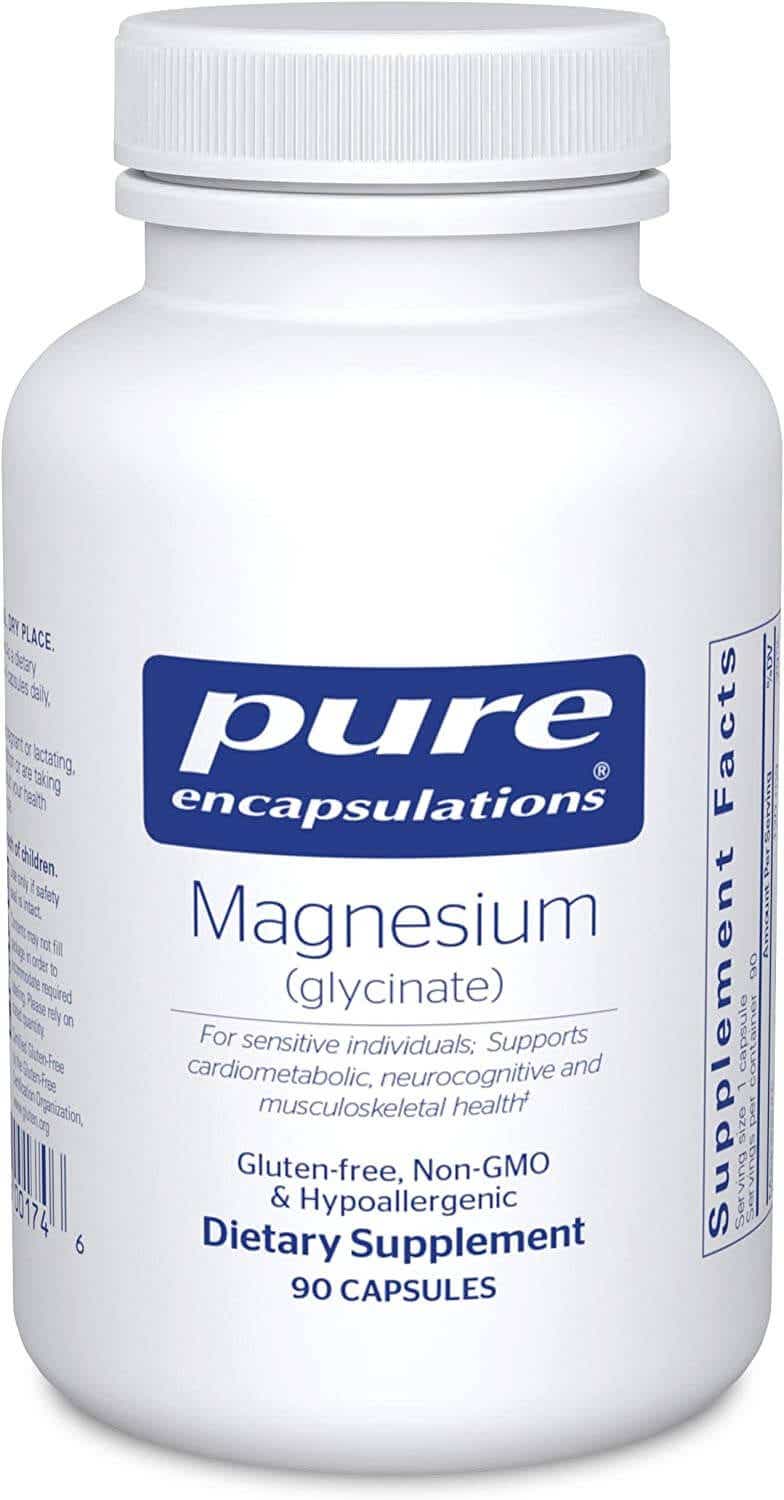
Amazon
You may not think about it when picking out a supplement, but some contain allergens like gluten, eggs, wheat, or tree nuts. While that isn't necessarily a bad thing, you should keep an eye out if you have a allergy to any of those ingredients. This magnesium formula is free from all of the above, and it's formulated for those who tend to have sensitive stomachs, making it a great option for anyone looking to add magnesium into their supplement routine.
B12
"We measure micronutrients and often find our patients coming up short in B12," Dr. Bonney says. "Vitamin B12 is important for creating red blood cells and DNA, for metabolism, and for maintaining healthy nerve function." It's mostly found in animal products, like meat, seafood, and dairy, which means it can be hard to get if you're vegetarian or vegan. And, as you age, you can lose the ability to produce enough stomach acid to extract B12 from food.
"Due to this increased risk of poor absorption, the National Academy of Medicine recommends that adults over the age of 50 meet most of their vitamin B12 needs through supplements and fortified foods," Dr. Bonney explains.
Hum Vitamin B12
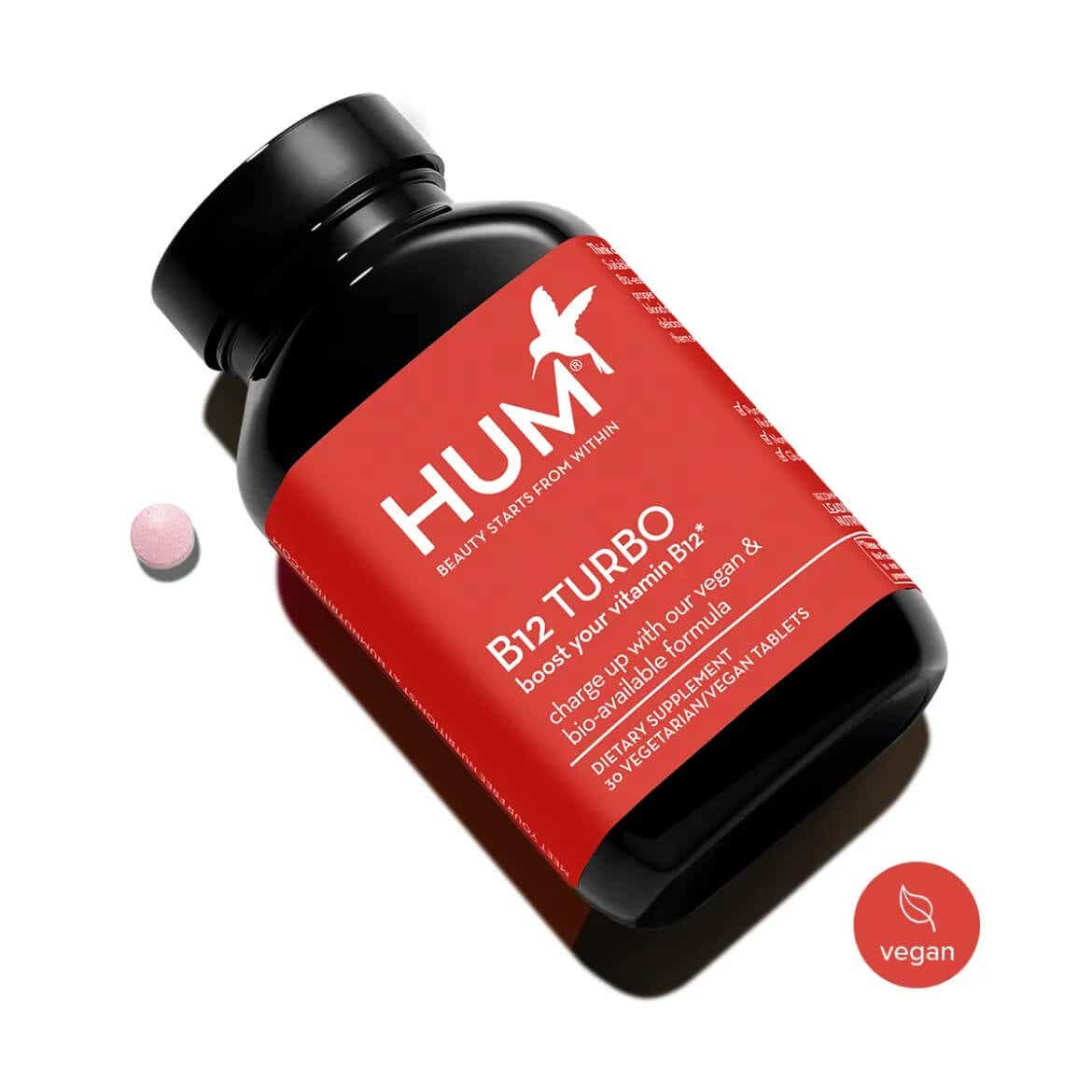
Hum
In addition to B12, this supplement contains calcium for helping build and maintain healthy bone mass. It comes in the form of a small tablet, and it's best to take this one with food. This is great for those over 50 who are struggling to absorb B12 from the foods they eat, but it's also great for those with vegetarian or vegan diets who find themselves deficient.
Designs for Health Vitamin B12 Lozenges
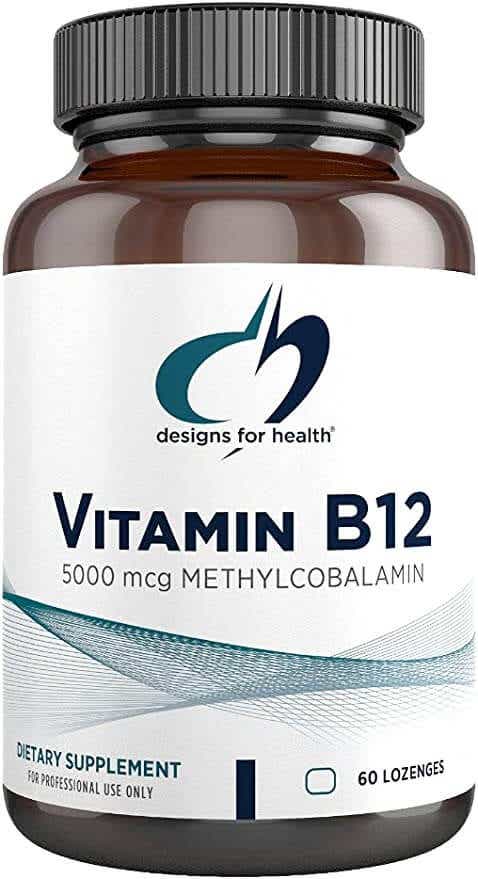
Amazon
Ever think of taking a vitamin in the form of a lozenge? For vitamin B12, it could be more effective to allow a lozenge to dissolve rather than taking it in other forms. When you put a dissolvable lozenge under your tongue, your body directly absorbs the vitamin rather than digesting it, which can be more effective (and less painful) than B12 shots. However, studies find that lozenges and capsules are equally effective, so if you prefer to swallow a pill, that's totally fine. These ones by Designs for Health are great if you have trouble swallowing large capsules, and they have a pleasant citrus flavor.
Calcium
Essential to bone health, we all know that calcium is available from sources like milk and other dairy products. As you age, however, you may not be getting enough from your diet alone. "Our bones are constantly remodeling, breaking down, and rebuilding as this is necessary to repair injuries and daily wear and tear," Dr. Bonney says. "During this bone remodeling, our bones release calcium into the bloodstream and reabsorb it back. If we don't have enough bioavailable calcium, the body uses the calcium to repair muscles, nerves, and cells instead of building bone." This is an issue because as you age and go through menopause, bone loss speeds up. If you don't have enough calcium, you increase your risk of having brittle bones or getting fractures. "Calcium is so essential that if you don’t get enough, your body will leach it out of your bones," she explains.
The daily recommendation of calcium for women is 1200 mg, but you can't take that all at once. "If your target is 1200 mg/day, take 600 mg twice a day," Dr. Bonney recommends. "You can take calcium in a few different forms: Calcium carbonate should be taken with food, as stomach acid increases absorption. Calcium citrate is another form of over-the-counter calcium that can be taken with or without food."
Hum Got Calcium Tablet
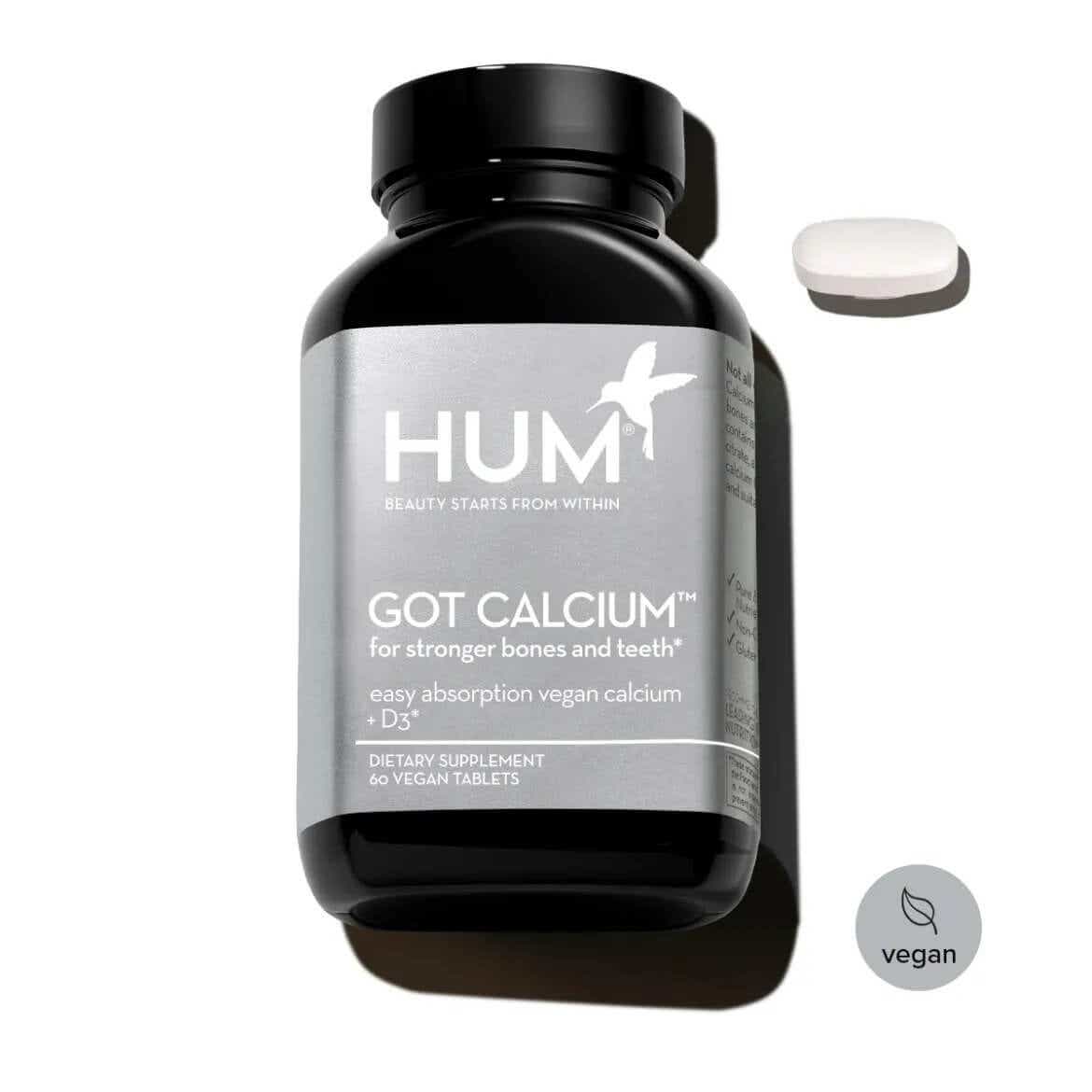
Hum
Some tablets are (literally) hard to swallow, but the smaller size of this one makes it easy. It has 630 mg of calcium per tablet, which is a little more than a recommended serving, so be sure to take the two tablets separately for maximum absorption (like one at breakfast and one at dinner).
Vitamin D
Sitting out in the sun is one way to get vitamin D, but chances are that won't be enough to get what your body needs for essential functions. "We know that vitamin D is such an important immunomodulator [a substance that affects immune system functioning], but to absorb calcium, we also need vitamin D," Dr. Bonney says.
However, not everyone needs the same level of vitamin D. "Current recommended dietary allowance (RDA) guidelines don't take into account what optimal levels are," she says. Checking your vitamin D levels is key to finding out how much you should take to have your levels in a range of 55-60.
"Deficiencies in calcium and vitamin D lead to osteopenia and osteoporosis, a condition where bones become porous, brittle, and break easily. Forty percent of post-menopausal women in the US will have an osteoporosis-related fracture at some point in their lives," she says.
Nature's Bounty Vitamin D3
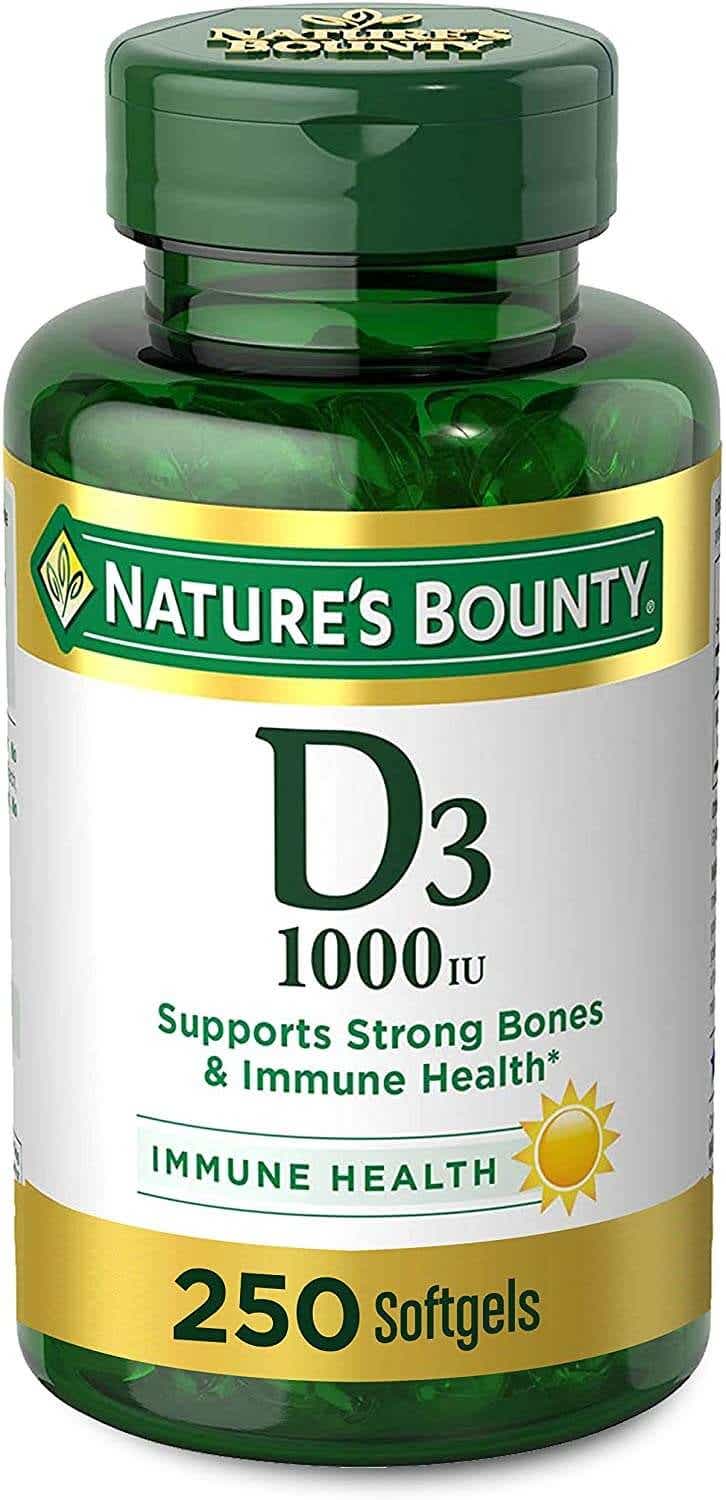
Amazon
These capsules break down easily in your body, which helps ensure absorption. Vitamin D is a fat-soluble vitamin, so some doctors recommend taking it with food rather than on an empty stomach, otherwise it may not absorb as well.
Seeking Health Vitamin D3 and K2 Capsules
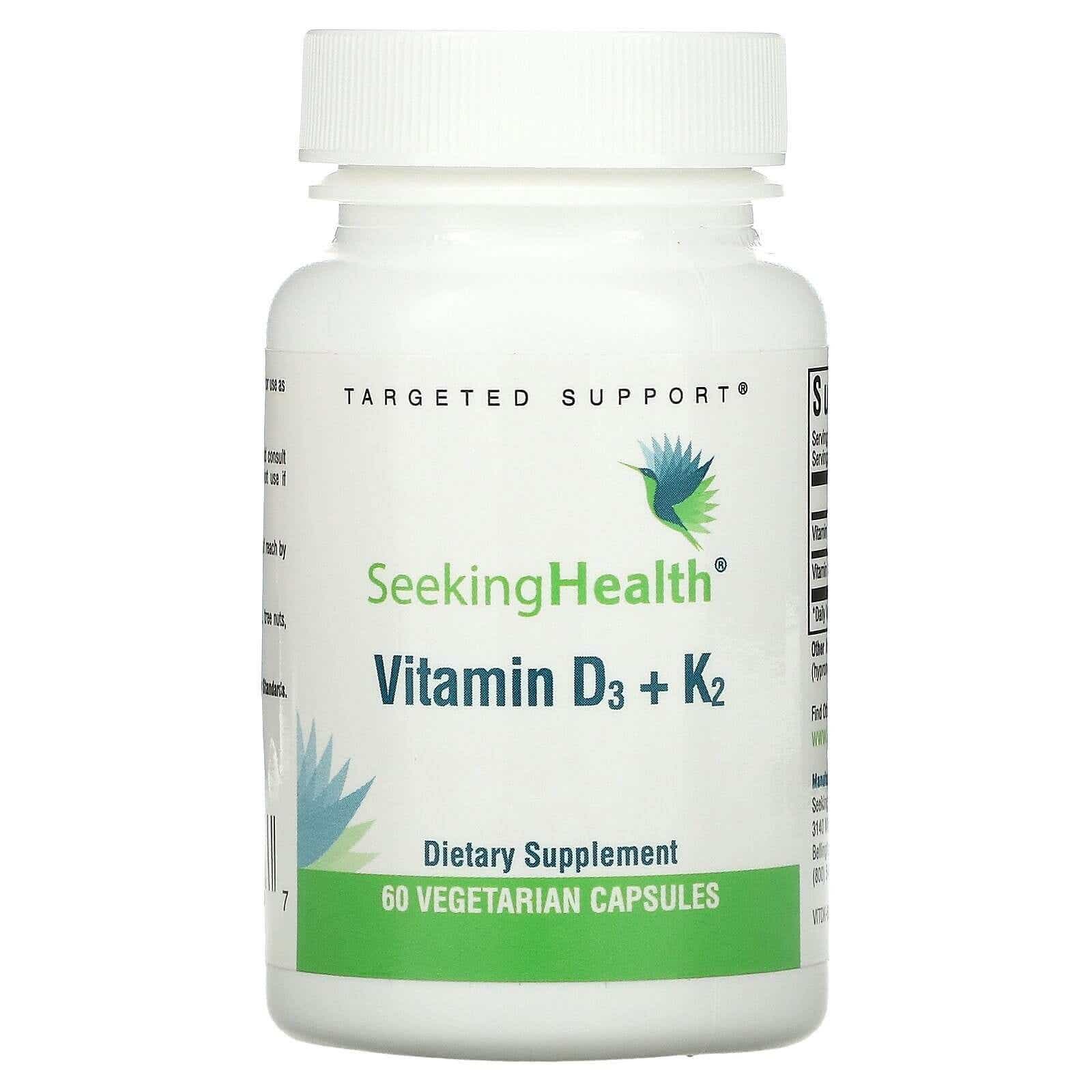
Walmart
Encased in a tiny, easy to swallow capsule, this vitamin D3 supplement also has the addition of vitamin K2, which can aid circulatory health and increase bone mineralization.
CoQ10
Another supplement to consider adding to your routine is Coenzyme Q10, commonly called CoQ10. It's an antioxidant that your body naturally produces, but production tends to decrease with age. While you can get more CoQ10 from meats, fish, and nuts, it's not a bad idea to add a supplement as a way to ensure you get what you need. It's also been found to help prevent or treat certain heart conditions, as well as migraine headaches.
Nature Made CoQ10
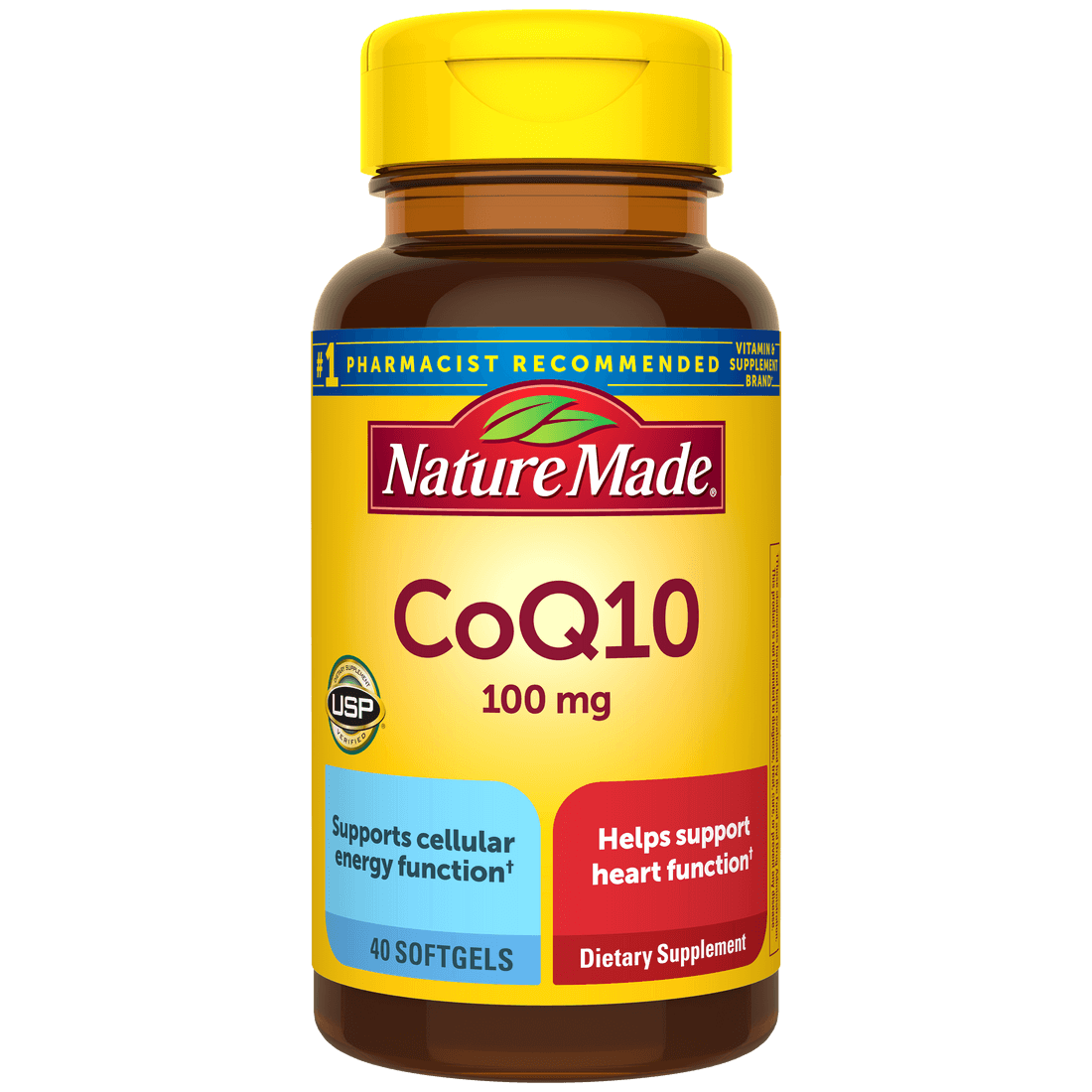
Nature Made
According to the Mayo Clinic, CoQ10 is generally safe to take and can help improve the symptoms of several conditions, like migraines or certain heart conditions. It can also help increase physical performance (as CoQ10 plays a part in energy production), but more studies are needed to confirm that.
Omega 3
You've probably heard of Omega-3 fatty acids, which are found in things like fish and avocados. As it sounds like, it's a type of fat, and it's been shown to help reduce triglycerides and help relieve the symptoms of rheumatoid arthritis, according to some studies. Some studies show that it plays a role in decreasing the symptoms of depression or ADHD, but there are conflicting results. Overall, it's a supplement that has mild, if any, side effects, and it's helpful to take if you don't eat a ton of fatty foods in general.
Ritual Vegan Omega-3
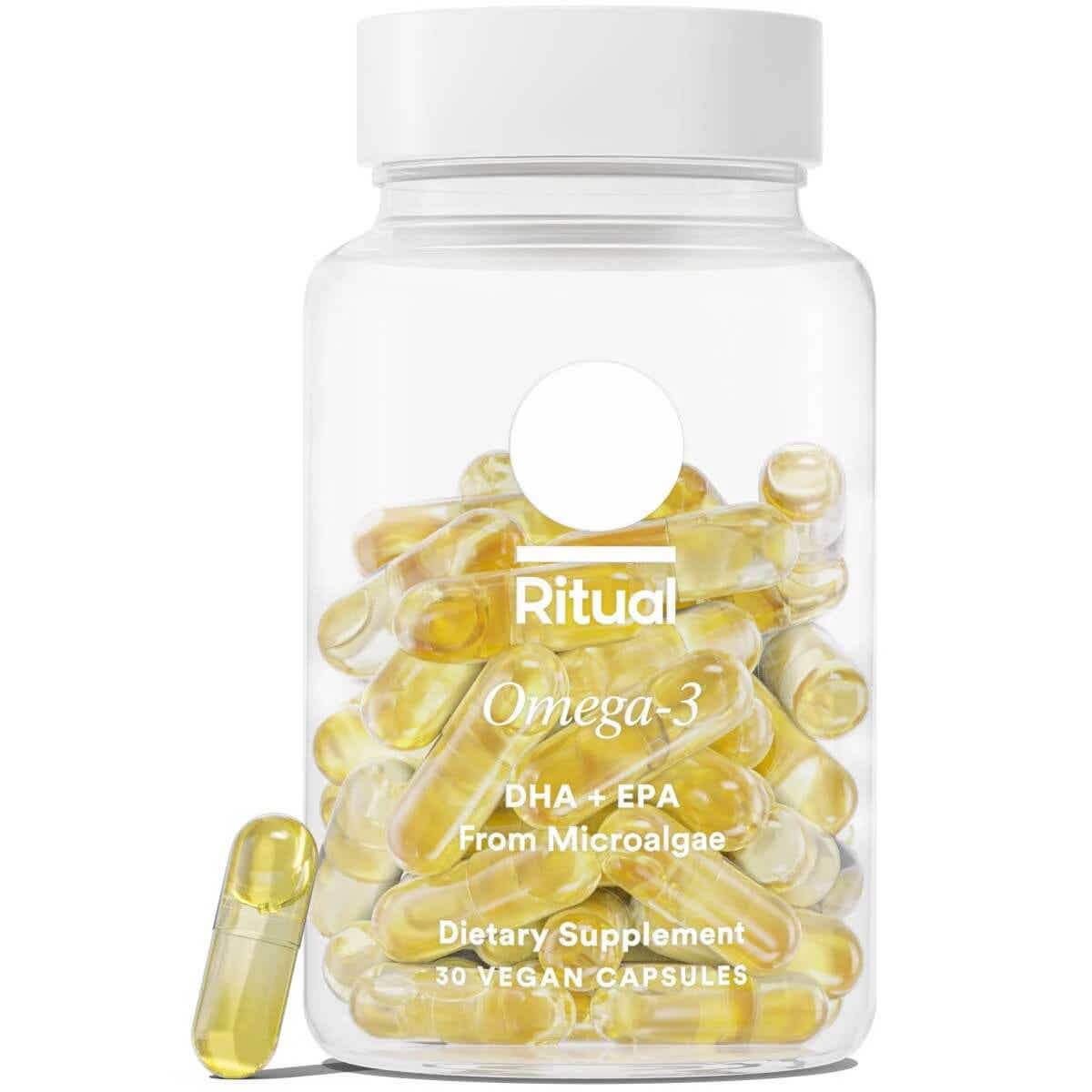
Ritual
If you're vegan or vegetarian, you can get omega 3 supplements that have no animal byproducts in them. This one from Ritual has just as much omega 3 DHA and EPA as traditional omega 3 supplements, but it's all vegan.
Vitamin E
Studies have shown that higher levels of vitamin E can lead to a reduced risk of heart disease. It's also part of a bunch of bodily functions like cell signaling, regulation of gene expression, and other metabolic processes. That's a fancy way of saying that vitamin E is good for boosting the immune system to help fight off viruses and invading bacteria.
Solgar Natural Vitamin E
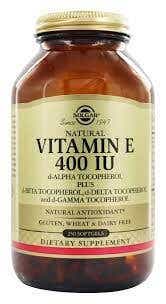
Vitamin Shoppe
Dosage requirements vary for vitamin E, so be sure to consult your doctor before taking any (as you should with any supplement or major diet change). However, the average recommendation for women is 15 mg. Vitamin E is an antioxidant that can help absorb free radicals that can damage the body. As we age, vitamin E levels naturally present in our skin decrease, which can lead to dry skin and increased signs of aging. Keeping your vitamin E levels high helps maintain a healthy skin barrier and can also help absorb harmful UVB rays, reducing sun damage. We like this one because it's in easily digestible capsules with vitamin E oil inside, which your body will easily absorb, and it's made in small batches to ensure the oil is as fresh as possible. According to Cleveland Clinic, vitamin E can help protect from environmental stressors from the inside out.
Riboflavin
Riboflavin, also known as vitamin B2, is essential for the proper development of the skin, blood cells, and brain function. If you suffer from migraines, it has proven to be effective in not only reducing the number of headaches you get but also decreasing the length of them. Overall, riboflavin helps convert carbohydrates in the body to energy and maintain healthy eyes, skin, and hair.
Thorne Research Riboflavin 5' Phosphate
iHerb
Like many other supplements, this riboflavin comes in the form of capsules, which are easier to digest. The average suggested dosage for adults is 1.1 mg, but higher doses can be taken without issue to help decrease migraines or help prevent cataracts.
Vitamin A
When it comes to normal organ functions, like your liver, kidneys, and lungs, vitamin A is essential. It works as an antioxidant in the body to fight free radicals that may hinder these functions or cause things like heart disease or cancer. While that's a simplified version of what it does, Dr. Seitz agrees that you "want a pretty good amount of vitamin A" in your diet or as a supplement. Usually, it's recommended that adults get at least 700 micrograms of retinol activity equivalents, which you can get through foods like green leafy veggies. Most often, you don't need to take a supplement to get your daily recommended intake.
The information provided on this site isn’t intended as medical advice, and shouldn’t replace professional medical treatment. Consult your doctor with any serious health concerns.







